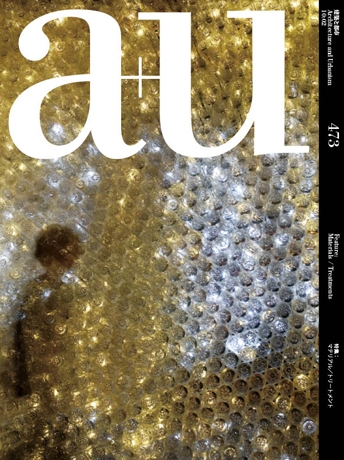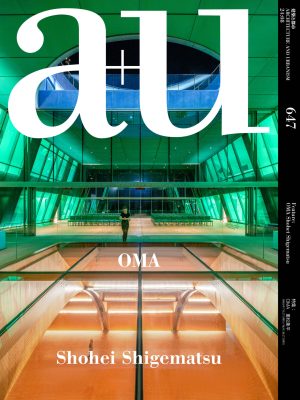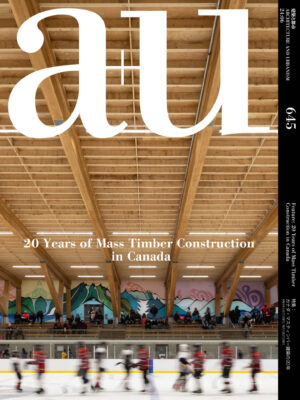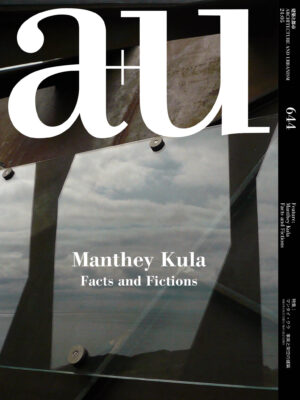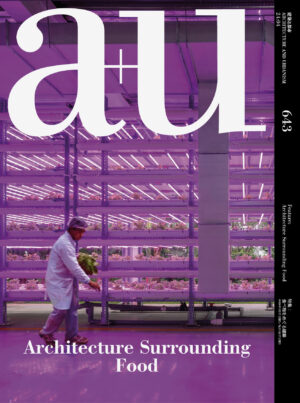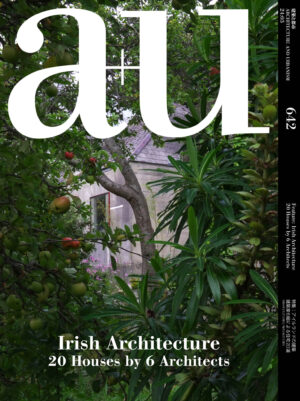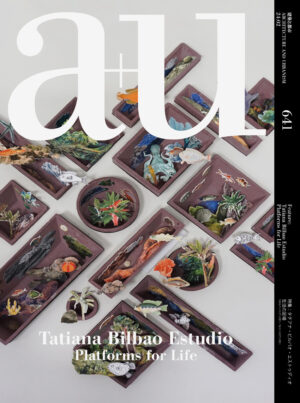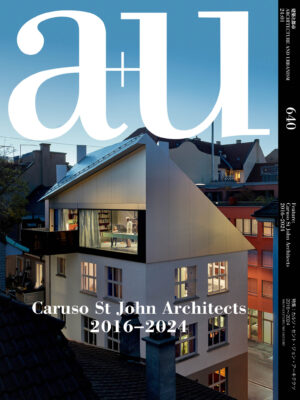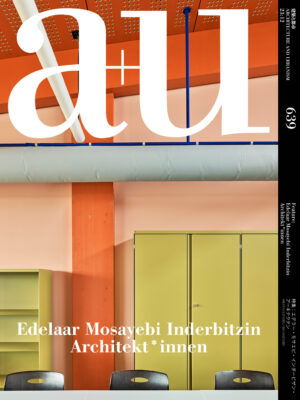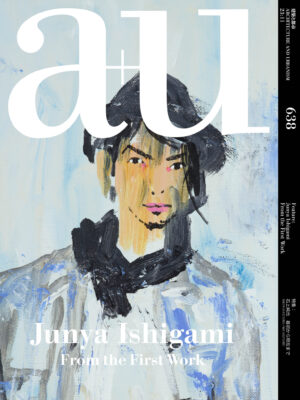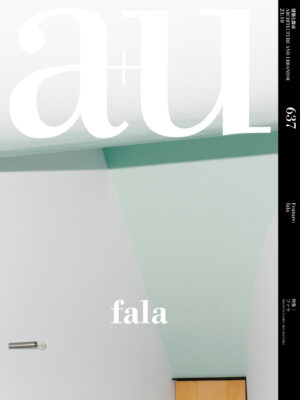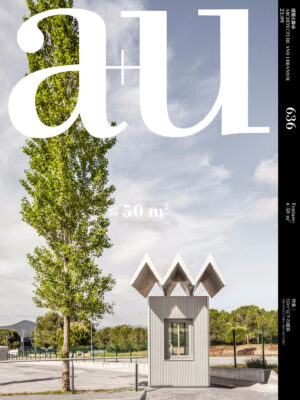a+u 2010:02
Content
Feature:
Materials / Treatments
Ceramic, glass, concrete and metals are ordinary materials architects are familiar with. Through new treatments and interpretation, these ordinary materials can be transformed by technology resulting in new architectural effects. When glass is printed, sight lines are altered, creating various degrees of transparency. In the form of a fabric, metal acquires malleability instead of rigidity. By engraving patterns onto concrete, the smooth surface takes on a new texture. The projects in this issue are marked by this characteristic that could lead us into new expectations for the future of building and construction. In his essay, Blaine Brownell introduces a host of new materials that are developed due to environmental concerns, a surge in technological advancements and the rise of developing cities. As we enter a new decade, inevitable change to architecture, construction and resources await us. As Brownell advocates, it is precisely the intersection of environmental, technological, and design innovation that holds the most promising future for architecture.(a+u)
Essay: Testing Ground: Emergent Green Materials and Architectural Effects
Blaine Brownell
sauerbruch hutton
Museum Brandhorst
Essay: Augmenting Collage City
Raymund Ryan
Foreign Office Architects
John Lewis Department Store and Cineplex
3DELUXE
Leonardo Glass Cube
Stefano Boeri Architetti
Ex Arsenal at La Maddalena
Asymptote
The Yas Hotel
Caruso St John Architects
Nottingham Contemporary
Eduardo Souto de Moura
Museu Paula Rgo
David Chipperfield and b720 Arquitectos
City of Justice
Mangado y Asociados, S.L.
Archaeology Museum of Vitoria
UN Studio
MUMUTH, House for Music and Music Theater
HHF architects andAi Weiwei
Artfarm
Heatherwick Studio
Aberystwyth Business Units
MMA Architects
Design Indaba 1010 Housing Project
Treusch Architecture
Extension of the Ars Electronica Center
Chuck Hoberman
Expanding Video Screen for U2 360 Tour
Architektur & LandschaftLandmark in the Lusatian Lakeland
